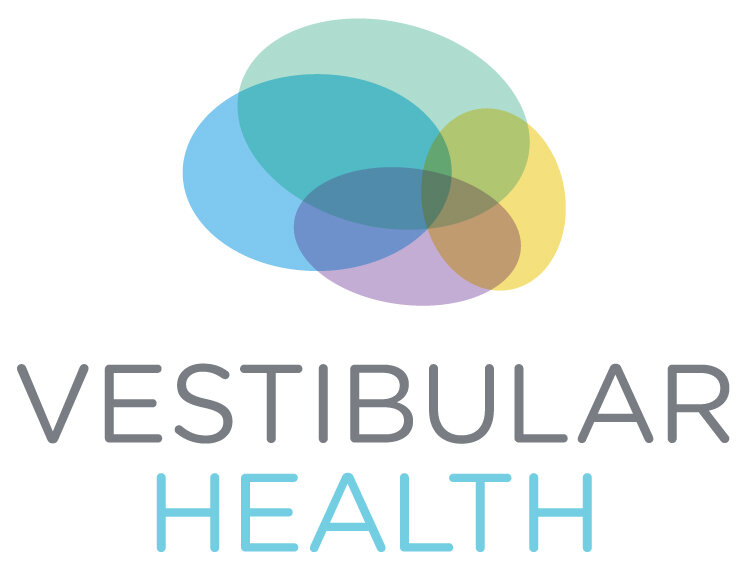For Referring Physicians
Make a referral
Fax to 416.697.0730 or
email to referrals@vestibularhealth.ca
Your patient can contact us directly to schedule an appointment.
Vestibular rehabilitation will help your patients by providing comprehensive assessment, an individualized exercise program, psychoeducation, and strategies for returning to meaningful functional activities.
Our comprehensive assessment includes oculomotor and vestibulo-ocular evaluation, cerebellar exam, complete balance and gait exam including posturography, infrared video oculography, and other neurological and musculoskeletal assessments as indicated.
We will communicate with you regarding our assessment findings, treatment plan, and any concerns that may require further tests or medical management.
Our physiotherapists are experienced in working collaboratively with physicians, mental health professionals, and allied health clinicians.
Conditions that benefit most
Benign Paroxysmal Positional Vertigo (BPPV)
Unilateral vestibular loss/hypofunction:
Vestibular neuritis
Labyrinthitis
Ramsay Hunt
Post-surgical
Vestibular schwannoma/acoustic neuroma
High velocity vestibulo-ocular reflex (VOR) loss
Other related conditions
Bilateral vestibular loss/hypofunction:
Ototoxicity
Idiopathic
Presbyvestibulopathy
High velocity VOR loss
Dizziness and imbalance after concussion/mild traumatic brain injury
Persistent Postural Perceptual Dizziness (PPPD)
Cerebellar Atrophy with Bilateral Vestibulopathy (CABV)
Fluctuating vestibular conditions: people with Meniere’s Disease, Recurrent Vestibulopathy, or Vestibular Migraine can benefit from vestibular rehabilitation if they have developed a unilateral or bilateral vestibular loss, if they are imbalanced between their attacks, if they would benefit from psychoeducation, or if they would benefit from support to maintain their physical activities.
Evidence-based care
“Based on strong evidence and a preponderance of benefit over harm, clinicians should offer vestibular rehabilitation to persons with unilateral and bilateral vestibular hypofunction with impairments and functional limitations related to the vestibular deficit.”
Hall CD, Herdman SJ, Whitney SL, et al. Vestibular rehabilitation for peripheral vestibular hypofunction: an evidence-based clinical practice guideline. J Neurol Phys Ther. 2016;40(2):124–155.
“There is moderate to strong evidence that vestibular rehabilitation is a safe, effective management for unilateral peripheral vestibular dysfunction, based on a number of high-quality randomised controlled trials . . .
for the specific diagnostic group of BPPV, physical (repositioning) manoeuvres are more effective in the short term than exercise-based vestibular rehabilitation; although a combination of the two is effective for longer-term functional recovery.”
McDonnell MN, Hillier SL. Vestibular rehabilitation for unilateral peripheral vestibular dysfunction. Cochrane Database of Systematic Reviews. 2015; Issue 1.

